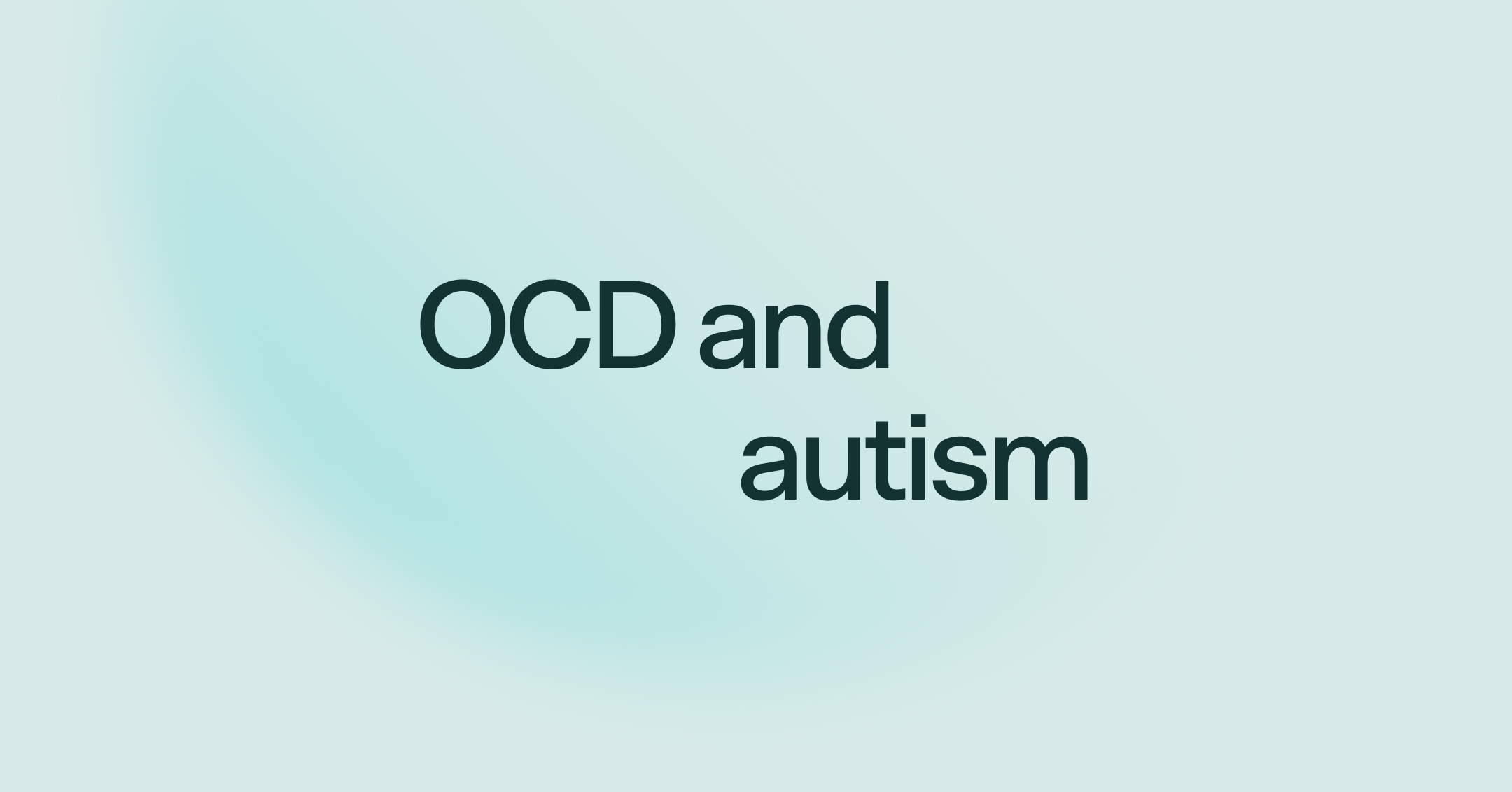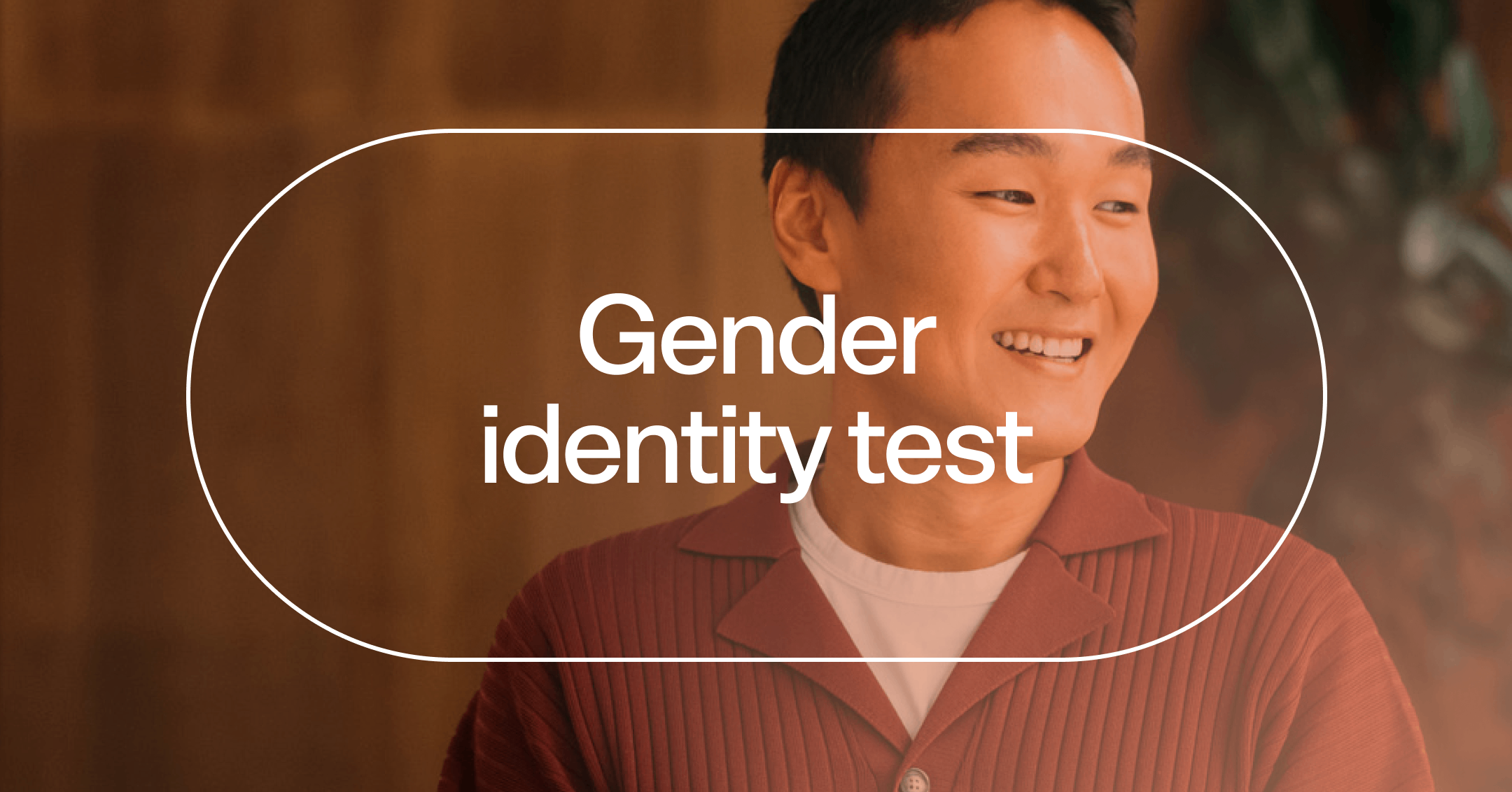Key Takeaways
- A panic attack hangover, or adrenaline hangover, refers to the physical and emotional symptoms that follow a panic attack.
- Knowing what to do after a panic attack can help you manage symptoms like fatigue, brain fog, and feelings of unease.
- If your panic attacks are related to a mental health condition, like anxiety or panic disorder, consider meeting with a mental health professional to discuss treatment options.
Anyone who has ever experienced a panic attack knows that it can feel like the longest 5 to 20 minutes of your life. Panic attacks often appear out of nowhere and cause symptoms like chest pain, elevated heart rate, and trouble breathing. It can even feel a bit like you’re having a heart attack.
But what’s less talked about is how you may feel after the panic attack. Sometimes called a panic attack “hangover,” this refers to the lingering emotional and physical symptoms that you experience once the panic attack ends. Not every panic attack comes with a hangover, but it’s pretty common — especially for people who experience more frequent or severe panic attacks.
Physical and mental symptoms after a panic attack
Panic attacks trigger what’s known as the “fight or flight” response. This physiological reaction is the body’s natural way of responding to dangerous or stressful situations. The body releases a hormone called adrenaline, which increases heart rate, alertness, and breathing.
While panic attack symptoms typically go away within an hour, some people experience a panic attack hangover, or adrenaline hangover, that lasts for several hours or even days. Symptoms vary by person but often include fatigue, body pains, and a general feeling of unease.
Other common symptoms of a panic attack hangover include:
- Physical weakness
- Brain fog
- Poor sleep
- Nausea or stomach pain
- Feeling on edge
- Dizziness or lightheadedness
- Jaw pain (from clenching your jaw)
In addition to leaving you physically and emotionally drained, panic attack hangovers can affect your interpersonal relationships, performance at work or school, and overall quality of life. And hangovers linked to panic disorder may be associated with depression, substance use disorders, and suicidal behavior.
The care you need, when you need it
Learn how Rula can support your mental health journey
Six tips to manage a panic attack hangover
Panic attacks can be extremely distressing, so it’s important to prioritize self-awareness and self-care in the days following the event. If your panic attacks are linked to panic disorder, learning more about panic attacks can help reduce the severity of your symptoms.
Here are six additional tips to better understand symptoms and recover from a panic attack hangover:
- Make yourself comfortable. Find ways to make yourself comfortable during the hangover period, such as changing your position or location. If you’re standing, find someplace comfortable to rest and relax. And if the panic attack occurs in a public space, consider relocating somewhere you feel safe.
- Get grounded. Once you’ve created a safe and comfortable environment, focus on reconnecting with the present moment. Grounding techniques can distract you from the hangover and reduce the intensity of your symptoms. One exercise is the 5-4-3-2-1 method: Name five things you can see, four things you can touch, three things you can hear, two things you can smell, and one thing you can taste.
- Redirect your attention. Panic attack hangovers cause full-body symptoms that are difficult to ignore. But instead of focusing on the anxiety, distract yourself with something that brings you joy or a sense of peace. For example, you could try listening to relaxing music or writing in your journal.
- Connect with a friend. Panic attack hangovers can leave you feeling disoriented and uneasy. Instead of dealing with those feelings on your own, reach out to trusted friends or family who can offer support and help you cope.
- Move your body. Exercise might not be your first choice of activity following a panic attack, but moving your body has been found to reduce stress, improve mood, and bring focus to the present moment. Even just five minutes of aerobic exercise can provide anti-anxiety effects.
- Consider what you eat and drink. Panic attack hangovers can cause fatigue and low energy, making it more important than ever to fuel your body with nutritious foods. Experts also suggest avoiding substances that can make panic attack symptoms worse, like alcohol and caffeine.
Seeking treatment for panic attack hangovers
Frequent panic attacks can be a sign of an underlying mental health condition, like anxiety, obsessive-compulsive disorder (OCD), or post-traumatic stress disorder (PTSD). It may be time to consult a mental health professional if your panic attack hangovers are causing any of the following concerns:
- Chronic stress
- Trouble concentrating
- Extreme irritability
- Fear of leaving your home
Talk therapy, like cognitive behavioral therapy (CBT), is a first-choice treatment for panic attacks. Working with a therapist can help you process your feelings, develop healthier coping methods, and improve your overall well-being. Medication is also used to manage symptoms of panic attacks and panic disorder, but it’s best to ask your provider if medication management is a good fit for you.
Find care with Rula
Managing panic attacks isn’t easy, especially when your symptoms last for hours or days following the event. But if you experience panic attack hangovers, support is available.
Rula is committed to making it easier for people to access the mental health support they deserve. In just a few minutes, we can match you with a therapist who takes your insurance and specializes in treating panic attacks and panic disorder. Plus, our diverse network of providers means you can get help as soon as tomorrow — all from the comfort of home — using our convenient online platform.

About the author
Alex Bachert
Alex Bachert is a freelance copywriter and mental health advocate. Since earning her masters degree in public health, she has focused her career on creating informative content that empowers people to prioritize their health and well-being. Alex has partnered with organizations like Ro, WellTheory, and Firsthand, and her work has been recognized by the Digital Health Association.
When she’s not writing about mental health, Alex is usually playing pickleball, meeting with her local board of health, or enjoying time with her three kids.
Rula's editorial process
Rula's editorial team is on a mission to make science-backed mental health insights accessible and practical for every person seeking to better understand or improve mental wellness.
Members of Rula’s clinical leadership team and other expert providers contribute to all published content, offering guidance on themes and insights based on their firsthand experience in the field. Every piece of content is thoroughly reviewed by a clinician before publishing.



